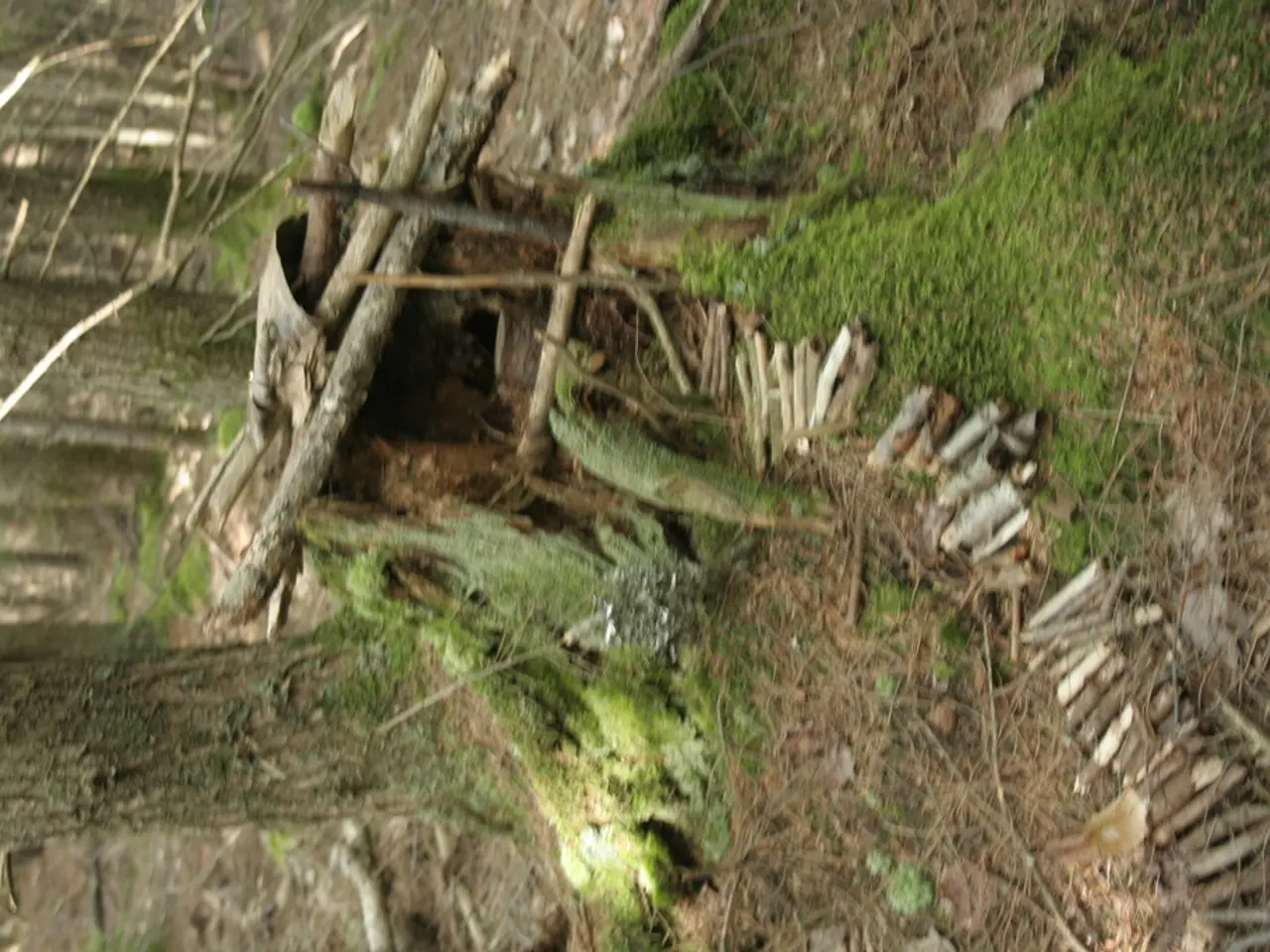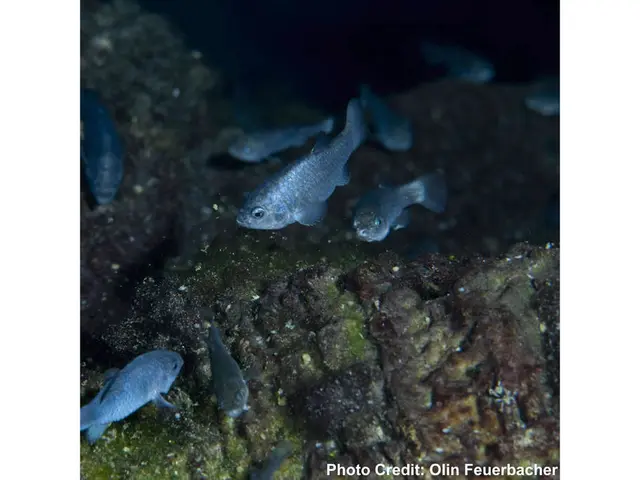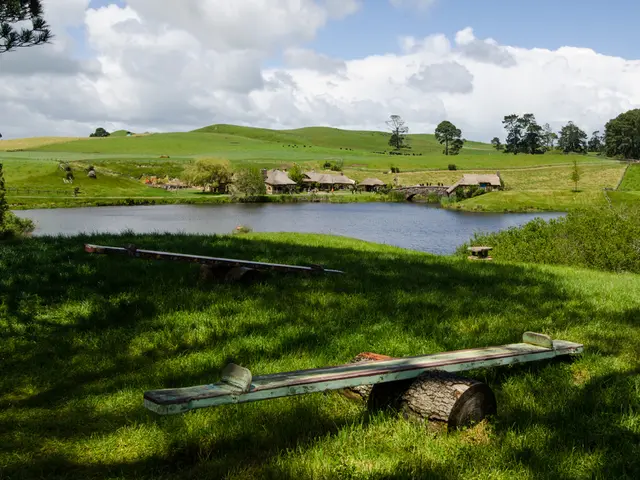U.S. Recreational Vehicles Renowned for Employing Timber from Deforested Orangutan Habitats: Investigative Report
In the heart of Indonesia's rainforests, a significant number of Meranti trees are felled each year, destined for the U.S. RV industry. Approximately 500 trees meet this fate annually, a fact that has sparked concern among environmentalists and conservationists.
The issue is not just about the loss of these trees. The forests cleared in Indonesia are home to critically endangered orangutans and endangered proboscis monkeys. Moreover, the karst system where the forest clearing occurred is vital for groundwater absorption and conservation. Local Indigenous communities also claim that the clearance has disrupted their livelihoods, with minimal communication and compensation from the companies responsible.
RV manufacturers are under pressure to adopt responsible sourcing policies, similar to those implemented by American home improvement giant Home Depot. This would involve requiring independent third-party sustainability certification for all wood used in their products, particularly those harvested in Borneo or Sumatra.
However, critics argue that cost is a priority for RV makers, with FSC-certified sustainable alternatives adding as little as $20 to an RV's price. Yet, none of the lauan plywood traced to U.S. RVs was FSC-certified in 2024.
The investigations highlight systemic failures on both sides of the Pacific. In Indonesia, the SVLK standards have weakened, while in the U.S., the Lacey Act lacks traceability and deforestation-free requirements. This loophole allows deforestation-linked wood to enter supply chains unchecked.
Indonesia allows legal clearing of natural forests, while the U.S. bans only illegal logging under the Lacey Act. This creates a situation where deforestation continues unabated. The U.S. RV industry, the biggest user of tropical plywood, overtook construction in 2024, with an 88% increase in imports of lauan plywood from Indonesia.
Experts call for reforms on both sides of the Pacific. In Indonesia, they advocate for full legal protection for all natural forests and a strengthened SVLK system. In the U.S., they propose laws akin to the EUDR, which would require deforestation-free imports.
An online petition is circulating, urging RV companies to change their timber sourcing policies to exclude any wood from deforestation. The petition seeks 1,500 signatures and has already garnered over 1,000.
Despite the controversy, RV ownership has soared in recent years, with more than 8 million U.S. households now owning one. The number one reason Americans give when they buy an RV is their love of nature and the great outdoors. However, the irony lies in the fact that their love for the outdoors may be contributing to its destruction.
Paralleling the investigations in Indonesian Borneo, similar patterns were found in western Borneo. Timber felled in West Kalimantan province was processed and exported to California-based Transindo USA, eventually finding its way into RV manufacturing supply chains.
As the debate continues, it is clear that the future of Indonesia's rainforests and the wildlife they harbour hang in the balance. The choice between cost and conservation is not a simple one, but the consequences of inaction are dire. The U.S. RV industry, with its love for the outdoors, has a significant role to play in this decision.







